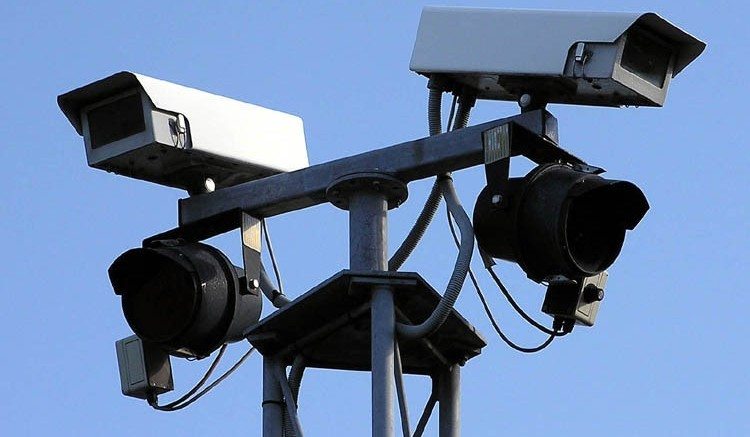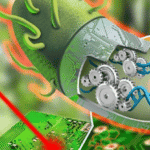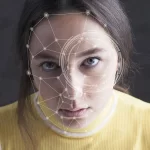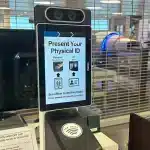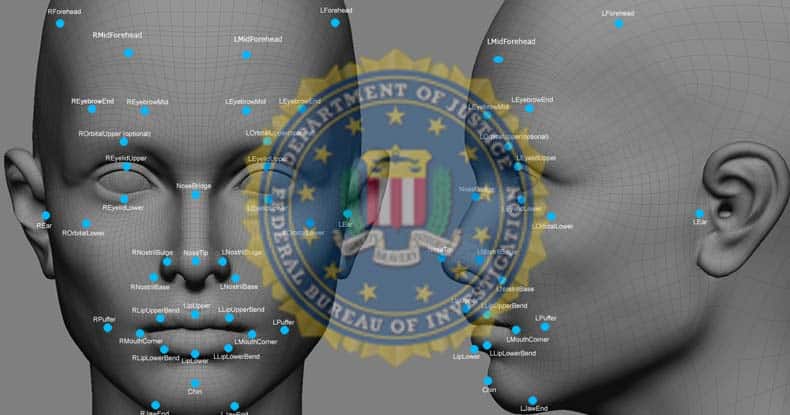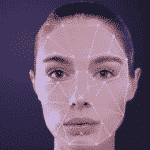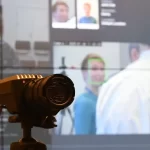|
Getting your Trinity Audio player ready... |
Download this post...Quietly and seamlessly, one of the biggest advances in surveillance technology is being rolled out by law enforcement agencies across Australia. It is a facial recognition system called “The Capability”, and is pretty much as creepy as it sounds. At a cost of $18.5 million, The Capability — which launched here in September...

